May 9, 2022 – Andrea Horwath and the radical, downtown NDP team don’t understand rural and Northern Ontario – and never will.
Today, it was revealed that Andrea Horwath’s candidate in Mississauga-Lakeshore, Julia Kole, attacked rural and Northern Ontario living and suggested that the world would be a better place if everyone lived in downtown cities.
In a podcast, Kole said “urban living is much more sustainable than rural…and what humanity certainly needs to be doing if we are to continue on the road that we are.” She added that, “if everyone lived in a condo or townhouse or had condensed or more compact dwellings, you need less space per person.”
For millions of Ontarians, living in rural communities is a way of life. Their families have lived in rural communities for generations and expect their provincial government to stand up for their needs.
Andrea Horwath’s candidate also disparages rural communities by saying, “if we all live in a rural area, how do we get from Point A to Point B? We have to drive a car.” If she had her way, Ontario’s vibrant towns, villages, and hamlets wouldn’t exist and nobody would drive a car.
Unlike Andrea Horwath and the NDP, Doug Ford and the Ontario PCs stand up for rural and Northern Ontario.
We have named full-time Ministers of Agriculture who are farmers themselves. We are saying yes to building more roads and highways across rural and Northern Ontario. We are saying yes to lowering the gas tax by 5.7 cents/litre. We are saying yes to unlocking the economic potential of the Ring of Fire. We are saying yes to expanding broadband access across rural and Northern Ontario.
Doug Ford and the Ontario PCs are getting it done for the people of rural and Northern Ontario.
Transcript (Time Stamp – 18:30):
Julia Kole – NDP Candidate: Urban living is actually much more sustainable-
Interviewer: Really?
Julia Kole: … and what humanity certainly needs to be doing if we are to continue on the road that we are.
Interviewer: Enlighten me. That’s pretty shocking.
Julia Kole: Yes, I know. And it does, it does sound totally contrary to what people would think, because when you think of that beautiful in tune with nature lifestyle, you think of that little stone cottage on your piece of property where you have a cow, a duck, some sheep. You’re self sufficient, and you think that your environmental impact is very low. And if we were looking maybe centuries ago, before the industrial revolution, in a different way of life, where we value different things, yes, of course that’s a sustainable way. And it still is in many cases. However, if you take a few minutes just to really think about your lifestyle and your needs and wants, and what you quote-unquote kind of need to function day to day, it isn’t sustainable.
We live in a world where we expect to have food from all over the world flown in to us and have easy access to it. We are reliant on technology in many ways. We’re reliant on electricity in many ways. We want to go out and be entertained in a variety of ways. We want to engage different people in a variety of ways. We want to go explore different areas in different capacities. If we all lived in a rural area, how would we get from point A to point B? You have to drive a car. In an urban area, if it’s tightly compact and it’s quite densely populated, and when it’s planned right, you can walk everywhere. So eliminates your need for a car. If you’re living in a rural area and you’re growing your own produce, or you’re making your own food, you can’t make everything depending on where your climate is.
So you’re going to need to go to the store to get those things. To transport those things out into those rural areas, it’s going to be costing a lot more than shipping them in into central locations that are easily accessible by various modes of transportation. In compact dense living … How much space does a human really need, right? If everyone lived in a condo or a townhouse or had condenser, more compact dwellings, you need less space per person in order for them to live. That gives more space for ecosystems, more space for agriculture-
Interviewer: Interesting.
Julia Kole: … more space for the other things that humans need to survive, but also that the natural world needs to survive.
